Can Dogs Eat Pistachios? The Truth Behind the Nutty Treat
You’re sharing a bag of pistachios with your furry companion, their eyes begging for a taste. But before you toss them a nut, the question arises: can dogs eat pistachios? The answer isn’t as straightforward as you might think.
While pistachios aren’t inherently toxic to dogs, offering them this seemingly harmless snack can be risky. Let’s delve into the reasons why and explore safer alternatives for treating your canine friend.
The Digestive Downside:
- Tough Nuts to Crack: Dogs lack the enzymes needed to fully digest nuts, leading to tummy troubles like vomiting, diarrhea, and gas.
- Choking Hazard: Those tiny, round nuts can easily lodge themselves in your dog’s throat, especially for smaller breeds.
- Fat Overload: Pistachios are packed with fat, which can trigger pancreatitis, a painful inflammation of the pancreas.
- Moldy Menace: Improper storage can cause nuts to grow mold, releasing toxins harmful to your dog.
Beyond Pistachios:
- Not All Nuts are Created Equal: Macadamia nuts are particularly dangerous, while other nuts like almonds and peanuts pose similar digestive risks.
- Flavorful Faux Pas: Salted, flavored, or chocolate-coated nuts are a double whammy – unhealthy fats and potential xylitol poisoning (toxic to dogs).
Safer Snacking:
Don’t fret! There are plenty of delicious and dog-safe alternatives to satisfy your pup’s cravings:
- Fruits & Veggies: Apple slices, carrot sticks, or banana chunks make healthy and refreshing treats (in moderation, of course).
- Commercial Dog Treats: Choose treats formulated for dogs, using healthy ingredients and appropriate for their size and dietary needs.
- Homemade Goodies: With proper research and vet approval, whip up homemade treats using dog-safe ingredients like sweet potato or pumpkin.
Remember: When it comes to your dog’s well-being, always prioritize safety. Consult your veterinarian before introducing any new food, including nuts, to their diet.
Bonus Tip: If your dog accidentally consumes a pistachio, monitor them closely for any signs of discomfort and contact your veterinarian immediately if you notice concerning symptoms.
By understanding the risks and exploring safer alternatives, you can ensure your furry friend enjoys delicious treats without jeopardizing their health. So, next time you reach for a pistachio, remember – share the love, but skip the nut!
Can Dogs Eat Almonds, Peanuts, Pistachios and Other Nuts?
While almonds, peanuts, pistachios, and other nuts are not inherently toxic to dogs, it’s best to avoid giving them to your furry friend. Here’s why:
Digestive Issues:
- Dogs lack the enzymes necessary to properly break down nuts, which can lead to gastrointestinal distress like vomiting, diarrhea, gas, and bloating.
- Nuts can be choking hazards, especially for small dogs.
- High fat content: Nuts are high in fat, which can cause pancreatitis, especially in dogs with sensitive digestive systems or predispositions to the condition.
- Mold risk: Nuts can harbor harmful molds that produce toxins dangerous for dogs.
Additionally:
- Certain nuts are more toxic than others: Macadamia nuts are particularly dangerous for dogs, while pistachios can irritate their mouths and stomachs.
- Processed nuts: Flavored nuts, salted nuts, and nuts coated in chocolate or other ingredients can be even more harmful due to added sugars, xylitol (toxic to dogs), and unhealthy fats.
Alternatives:
There are plenty of safer and healthier options for treating your dog:
- Fruits and vegetables: In moderation, certain fruits and veggies like apples, carrots, or bananas can be a healthy and refreshing treat.
- Commercial dog treats: Look for treats specifically formulated for dogs, made with healthy ingredients and appropriate for their size and dietary needs.
- Homemade treats: With proper research and vet approval, you can bake or cook healthy dog treats using dog-safe ingredients.
Remember: When in doubt, always err on the side of caution and consult your veterinarian before giving your dog any new food, including nuts.
You may also like these:
-

Feed the Beast Right: Why Pet Nutrition Isn’t Just Kibble and Luck
-


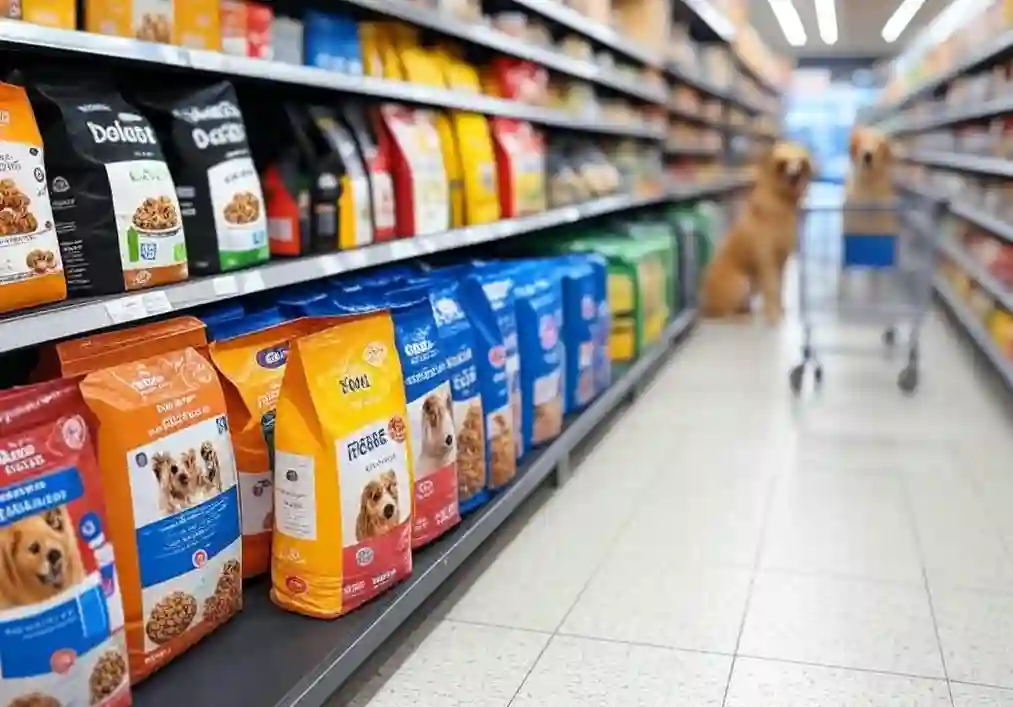
Finding the Best Dog Food Deals with Delicutu
-


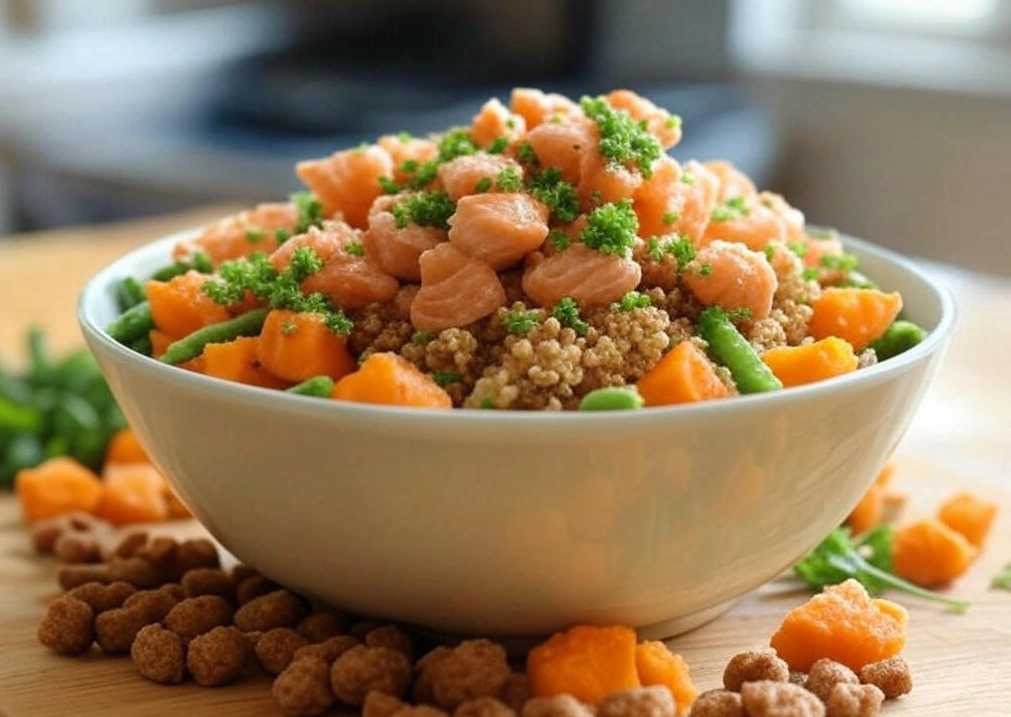
Homemade Dog Food for Shih Tzus With Skin Allergies
-


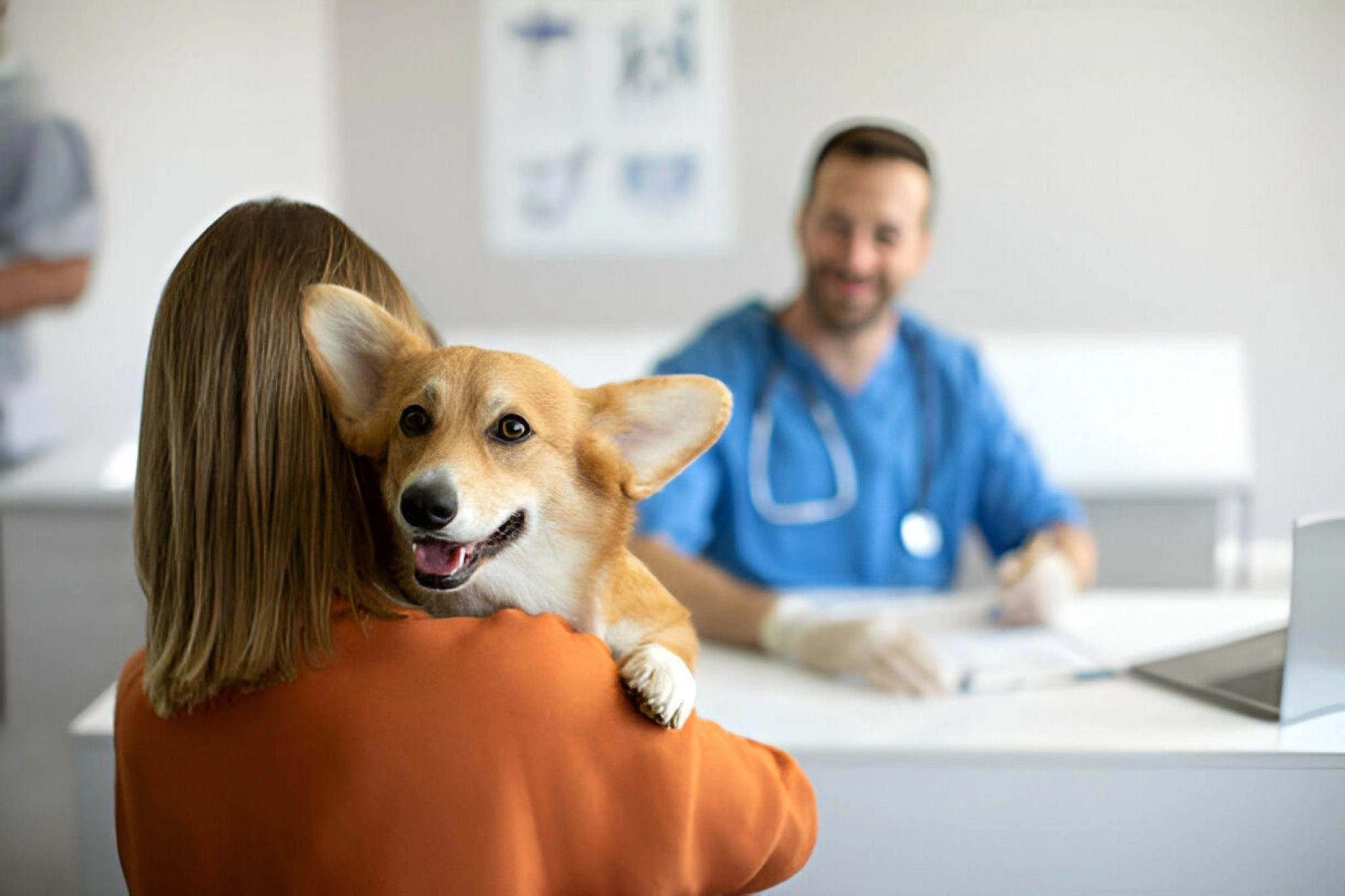
The Role of Veterinarians in Raw Dog Food Safety
-



Puppy Palooza: Role of Gut-Loving Frozen Treats for Happy, Healthy Dogs
-


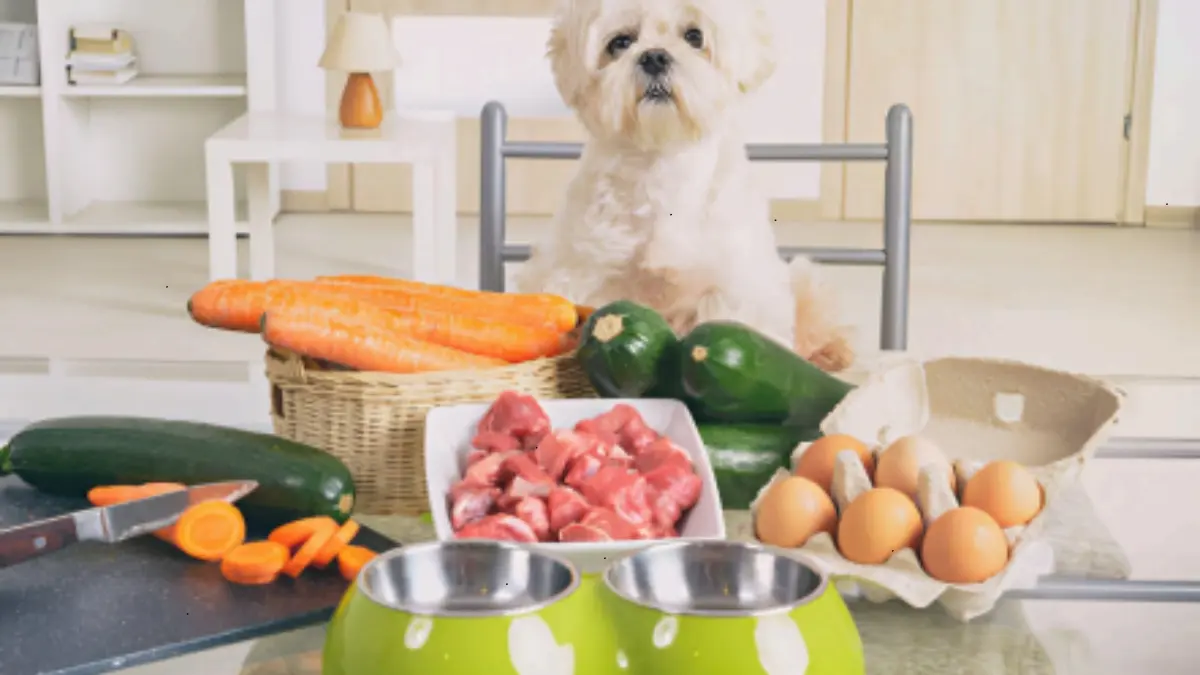
Raw Dog Food Safety: How to Ensure Your Pet’s Raw Diet Is Balanced and Healthy
-



The 12 Best Dog Bowls of 2024 for Dachshunds: How to Choose the Right One
-



Review: PetSafe Simply Feed Automatic Feeder
-


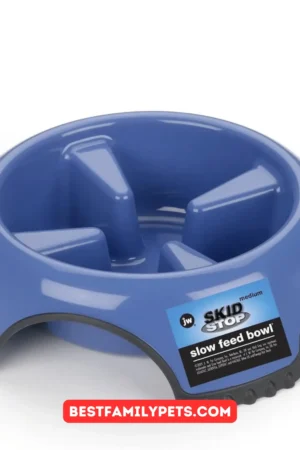
Review: JW Pet Skid Stop Slow Feed Bowl
-



Review: Dogit Slow Feeder Dog Bowl
-


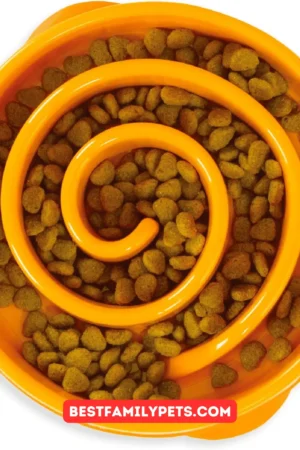
Review: Outward Hound Fun Feeder Slo Bowl
-



Review: NMN Products Raised Dog Bowls
-



Review: Pet Zone Adjustable Elevated Pet Feeder
-



Review: FOREYY Raised Pet Bowls for Small and Medium Dogs
-



Can Dogs Drink Almond Milk?



